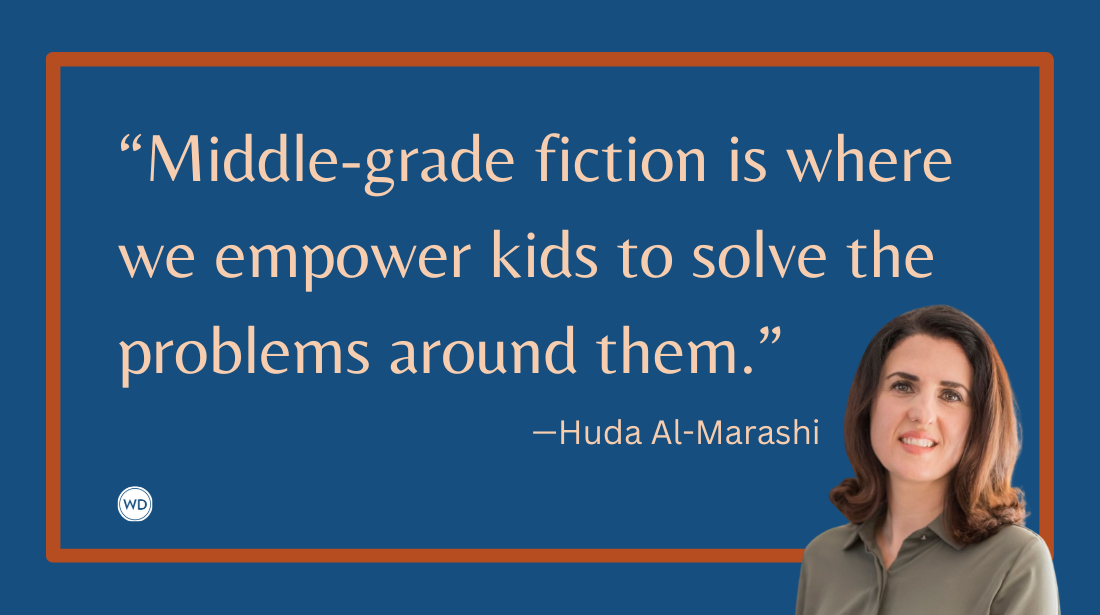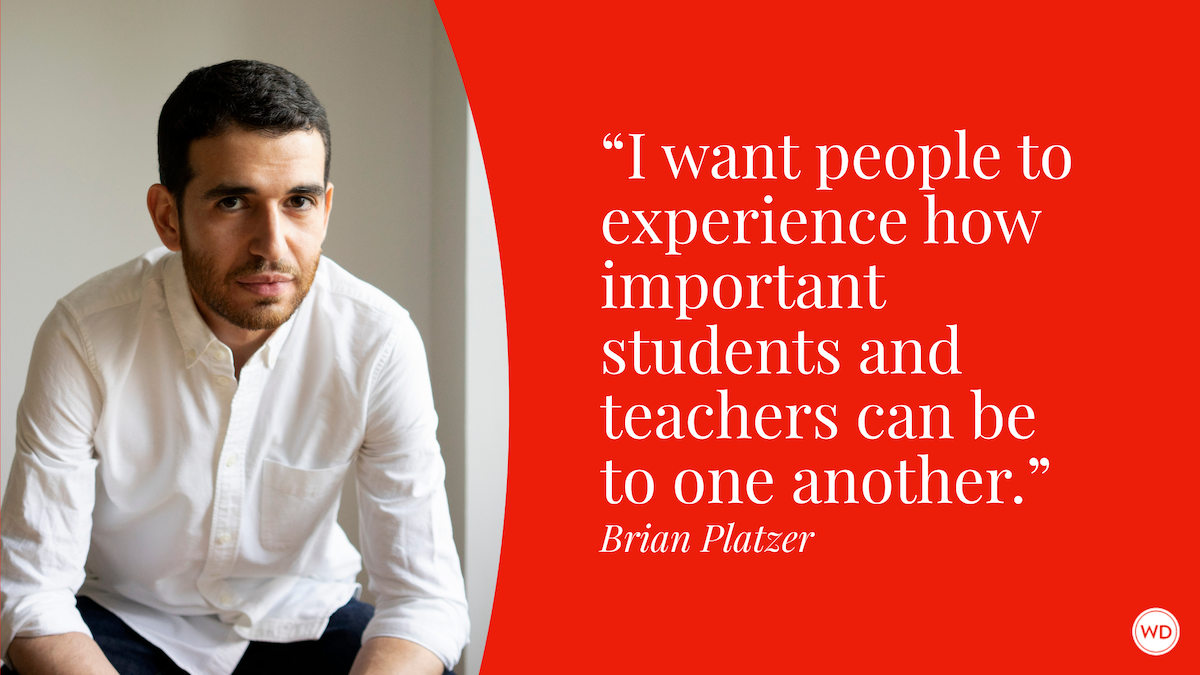Can We Empathize With People From the Past?
Author Maren Chase examines a question first prompted in a college class: Can we empathize with people from the past?
I was in a college historiography class when the question can we empathize with people from the past was first seriously presented to me.
It’s human nature, I think, to find a moment or a person in history and latch onto them. We are inspired by their bravery or awed by their struggles. After all, history is our story, so how could we not empathize? Still, it’s a valid question when we discuss how historians actually go about researching and presenting their findings to the public. We can certainly sympathize with historical figures, but can we really empathize, or is our reality so markedly different from theirs as to make them almost alien to us? Are there times of such profound change in the world order that those who come after cannot look back and truly understand those who came before? Should historians even try, when it undoubtedly introduces a greater degree of bias to their work?
The empathy question is one that I thought of almost constantly throughout the process of writing my debut novel Crueler Mercies. Though it’s a second-world fantasy, my book nonetheless borrows substantially from the lives of my favorite historical figures. I approached my initial idea from a particular angle, in which I asked myself: If I can’t relate to people of the past, could I use the medium of fiction to try putting myself into a similar headspace? Could I gain a better appreciation for their struggles by forcing my character into analogous situations and having to write my way out?
There are two figures in particular who formed the basis of my main character Vita’s childhood, which gave me the insight into who I wanted her to be.
The first is Elizabeth Tudor, who was eventually crowned Elizabeth I. We talk a lot about her years as England’s Gloriana, what with the Spanish Armada, Shakespeare, and the execution of Mary, Queen of Scots, but her childhood was just as interesting. Elizabeth was only a toddler when her mother—the infamous Anne Boleyn—fell from her father Henry VIII’s favor and was subsequently executed. I was fascinated by the impact this would have on a child. Elizabeth was very young, but she was nonetheless incredibly intelligent and certainly noticed when she stopped being princess and started being Lady Elizabeth. The stain of her mother’s supposed crimes and the question of legitimacy followed Elizabeth throughout her adolescence and into early adulthood. When she became queen, she showed fierce loyalty toward those who had remained devoted to her and her Boleyn side during those tumultuous years.
The second figure of importance in shaping my character’s origins is Tsar Ivan VI, who was only a few months old when his great aunt, the Empress Anna of Russia, named him as her heir. This was an entirely political move, done because Anna wanted her lover to become regent after her death (which, notably, did not work for longer than a few weeks before the lover was sent off to Siberia). Ivan himself lasted only a year in “power” before being overthrown by the daughter of Peter the Great. Baby Ivan was then locked away and grew up in an isolated prison. He saw no one except his guards and was barely taught to read. This, unsurprisingly, had a tremendous impact on his cognitive development.
There was an understanding between the new empress and the guards that, should anyone ever try to free Ivan, he was to be killed immediately. Even years later, when Catherine the Great became empress, this order was maintained. She knew that anyone seeking power could use Ivan to stage an uprising against her. When Ivan was 23 years old, someone did try to break him out: an opportunist named Vasily Mirovich, who wanted to reinstate the former tsar as a pawn for his own ends. Ivan was completely unaware of these ambitions and had no contact with the outside world, but it didn’t matter. The empress’s orders were followed, and Ivan was killed.
The lives of these two young people—who met remarkably different fates in the end—have fascinated me for a long time. The question of my ability to empathize with them is still up in the air, but it became an almost-obsession to explore facets of their realities using the conduit of a fictional character. Could I understand Elizabeth’s complicated family dynamic in which her father executed her mother? Could I reconcile with the immense trauma that Ivan suffered in being locked away for so much of his childhood?
Vita is not a direct one-for-one representation of either of these historical figures, but her experiences emulate both. I dove into her headspace and wrote what I believed to be the most authentic representation of those traumas as possible.
My last major source of inspiration for Vita’s character came partly from a historical figure and partly from a Biblical one. In the 1600s, an artist named Artemisia Gentileschi rose to prominence for her stunning Baroque paintings. While still a young woman training under her father, she was raped by another artist and eventually brought him to trial. Though she won her case, Gentileschi first had to suffer through the use of thumbscrews during her testimony to prove she wasn’t lying. Themes of violence against women (and also women committing violence) became central to her artistic practice, which led to the painting of what I consider to be her masterpiece: Judith Slaying Holofernes. This aptly-named painting depicts the story in which Judith beheads the enemy Assyrian general Holofernes with the help of her maidservant.
Gentileschi’s choice to paint this scene has often been seen by audiences and many academics as a response to her own trauma. Can I empathize with Gentileschi? Or even the quasi-historical Judith? It became another challenge to me. What did I need to put my character through to get her to a similar point in her own story? What horrors would she have to experience, and moreover, what strength of will must she gain, for her to take such drastic actions? For such an act to be a true scene of liberation rather than blind carnage?
So much of the fantasy that we read and write is derived from history. Can we ever truly empathize with those figures who inspire us? In the end, I still don’t know the answer to that original question. What I do know, though, is that trying to understand the horrors and triumphs and small, quiet moments experienced by the people who came before can help writers create characters worthy of a reader’s empathy.
Check out Maren Chase's Crueler Mercies here:
(WD uses affiliate links)









